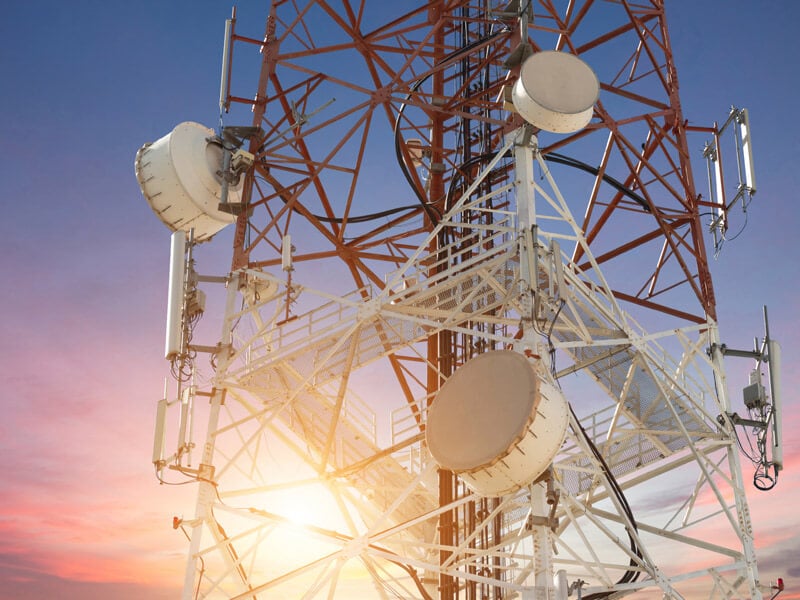The discussion around DC power in the data center has been happening for a decade or more. The argument for DC in the data center is simple – it reduces the number of power conversions between grid and server, simplifying the power chain, and reducing potential points of failure. DC advocates always struggled to clear the hurdle of industry inertia around AC power. Everything in the typical data center is built to AC specifications, including and, most importantly, the servers.
But what if that didn’t matter?
In recent years, some data centers in China have been using 240V DC power with minimal adjustments to their equipment or architecture. They’re merely running 200V DC into standard blade servers, and it works. It’s outside stated operating conditions, but they’re willing to do it to improve the efficiency of their facilities. And these aren’t isolated, experimental or pilot projects. In recent years, Vertiv has done more than $30 million worth of DC power business across multiple projects with data center customers in China. That’s a fraction of the global data center market, of course, but it’s enough to indicate the interest in DC power remains real and likely is increasing.
It’s not just China. The telecommunications industry adopted DC power as its primary architecture a century ago, and today’s telco facilities are almost universally reliant on DC. But those facilities are evolving in other ways – primarily traditional central offices that increasingly are becoming de facto data centers. Those facilities are maintaining their DC roots while growing into something much more akin to an enterprise data center.
The Open Compute Project is another driver. It’s no secret that participants are exploring ways to eliminate the traditional AC UPS from the infrastructure chain, and DC is among the alternatives they’ve studied. The goal is to run power straight from the grid to the rack, with one conversion at a DC power system supporting a single rack or group of racks.
Discussion around DC power in the data center outpaced activity for years, but the movement in China, among telcos and through Open Compute, is real and starting to change that discussion. It’s unlikely DC will ever eclipse AC as the primary power source in the data center, but its advantages – easier integration with alternative power sources, isolation from the power grid, natural compatibility in microgrids, and reduced conversions and points of failure – make the uptick in activity understandable.
What are your thoughts on DC power in the data center?






